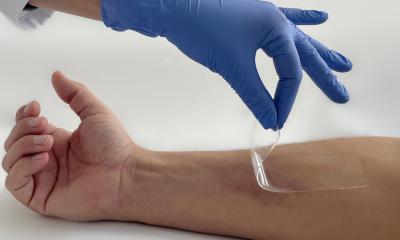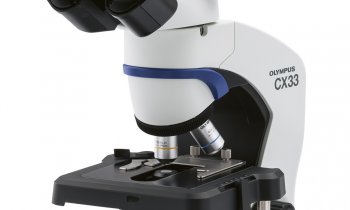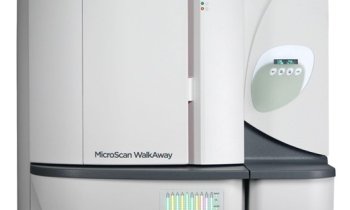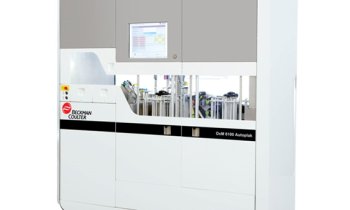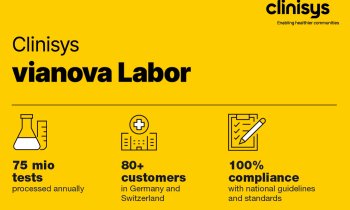TROCAR is on track
European consortium reports first year progress in molecular study of multi-resistant pathogens
The 3-year Translational Research On Combating Antimicrobial Resistance (TROCAR) project, a consortium of 14 European institutes, has completed its first year of molecular study of high-risk antibiotic-resistant bacteria. With expertise ranging from medical microbiology to computational analysis, this network of excellence is on track to identify and target the resistant and multi-resistant bacterial strains that pose the greatest health challenges in Europe.
‘The results of this project could provide the scientific foundation for an early warning system such that new high-risk strains can be detected as soon as they begin to circulate in healthcare or community settings,’ says Professor Giuseppe Cornaglia (Verona University) Past President of ESCMID.
In recent years, efforts to control such infections have focused on changing behaviour, e.g. reducing unnecessary antibiotic prescribing and increasing healthcare infection-control measures. Such approaches have resulted in some reassuring effects: better infection-control policies in hospitals have stabilised or decreased rates of infection with MRSA in some European countries.
Nevertheless, MRSA remains a profound clinical and public-health challenge. In addition, many antibiotics are losing their effectiveness at an alarming rate due to the emergence of resistant strains of a range of bacteria. Alongside MRSA, the greatest impact is made by vancomycin-resistant enterococci (VRE), Gram-negative bacteria whose resistance to antibiotics results from their ability to produce certain enzymes (extended-spectrum beta-lactamases [ESBL] or metallo-beta-lactamases [MBL]), multidrug-resistant Pseudomonas aeruginosa, and multidrug-resistant Acinetobacter baumannii. Thus, these pathogens are the focus of TROCAR activity.
The consortium’s strategy is comprised of ‘work packages’ of interdisciplinary research, drawing on expertise in medical microbiology, genomics and proteomics, molecular typing and population genetics, bacterial pathogenicity, and computational analysis.
The initial stage of TROCAR’s work has been achieved. ‘During this first year of work, we have selected the specific bacterial strains disseminated throughout Europe that pose the most significant challenges to human health in the community and hospital settings,’ explained TROCAR coordinator Professor Jordi Vila, TROCAR, at Hospital Clinic, Barcelona. The strains, he added, have been sent to the project partners and Sistemas Genómicos, a genomics firm, which has started the sequencing process.
TROCAR partner Roland Leclercq, at Université de Caen Basse-Normandie, explained how the isolates destined for gene sequencing were selected in the work package aimed at deciphering the action of vancomycin-resistant Enterococcus faecium. ‘With our colleagues from Germany (Guido Werner and Wolfgang Witte, Robert Koch Institute, Wernigerode Branch), we have chosen three isolates of E.faecium, two from Germany and one from France all belonging to a clonal complex CC17, a genetic subset of hospital-adapted strains. One was susceptible to antibiotics and was a commensal isolated from a patient's stools; the two others were multiply antibiotic resistant. One was responsible for a sporadic infection and the other caused a large outbreak.’
Genomic and proteomic analysis will now be used to elucidate the parts of these high-risk pathogens’ molecular make-up that enable them to spread, to cause severe disease, and to evade destruction by antibiotics. Data from the separate work packages will be brought together on a new bio-informatics platform, which will be used to exploit the genomics information and allow the rapid identification of emerging high-risk resistant strains in the future. In addition, it is intended that new bio-informatics tools will be developed to allow analysis of the data to detect differences between resistant strains in terms of epidemicity and propensity to persist in the human environment.
Future plans include making data on the distribution and migration patterns of high-risk antibiotic-resistant pathogens in Europe accessible on the internet.
* The TROCAR consortium was launched in Barcelona in February 2009, with funding from the European Commission Seventh Framework Programme under the patronage of the European Society of Clinical Microbiology and Infectious Diseases (ESCMID). Details: www.trocarproject.eu
03.08.2010




